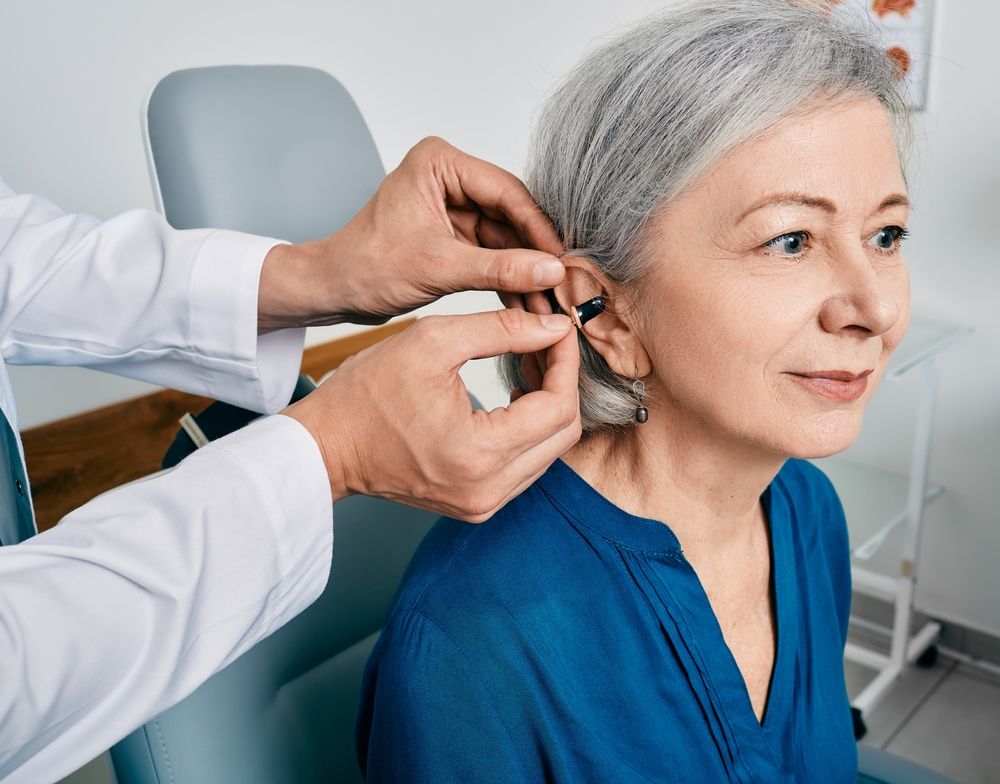
Purchasing your first pair of hearing aids can be a combination of anticipation and uncertainty. Whether you’re eager to enjoy discussions more clearly, reconnect with loved ones, or just hear the world around you again, it’s a big step toward greater hearing health. With any unknown circumstance, it’s common to have questions, particularly regarding the comfort of wearing hearing aids and the time needed to get used to them.
New users frequently have apprehensions about the experience. Will the hearing aid be awkward or unpleasant to use? Will common noises be overwhelming at first? How long will it take to adapt to ordinary sounds? Most people share these worries, yet with effective support and some patience, many find that using hearing aids becomes a normal and beneficial facet of their everyday activities.
As you get through this change, it’s important to comprehend what lies ahead and take practical measures to minimize any disruption, ensuring a smooth assimilation into your new situation.
What to anticipate during the preliminary adjustment period
So, are hearing aids uncomfortable? At first, they might take some getting used to, particularly if you’re not used to having objects in your ears. Just like using a new pair of glasses or getting used to a watch, it takes time for your brain and body to adapt.
There are two main areas where you’ll notice the most significant changes during the first several days or weeks of use:
Physical sensation
You may at first feel some pressure or unfamiliarity in your ear canal. It is standard and common for many experts in hearing health to suggest a gradual approach to using the device, starting with a few hours every day and gradually extending the time.
A little discomfort is okay, but pain is not. If you experience discomfort or pain from your devices, reach out to your hearing care professional right away. They can fine-tune the fit or try out a different design better suited to your ear shape.
Sound perception
Experiencing day-to-day sounds that were previously unnoticed can be one of the most unanticipated aspects of adjusting to a new environment.
Initially, everyday sounds like the fridge’s gentle thrum, birds chirping, or the creak of your own footsteps can seem abnormally loud. This is because your brain is learning to deal with a fuller range of sounds again.
It might seem overwhelming, but your brain will steadily learn to filter out trivial background sound and focus on what really matters, like voices and music. Your auditory system is essentially recalibrating and adapting to new sounds.
Recommendations for increasing the comfort and effectiveness of hearing aids
The good news is that there are a number of strategies to help you feel more comfortable and self-assured while adapting to your new hearing aids:
1. Start gradually
Don’t feel pressured to wear your hearing aids all day right away. Begin with one to four hours a day, particularly in quieter settings like your home.
As you become more familiar with the devices, you can incrementally increase your usage to a comfortable level.
2. Practice makes perfect
To help your brain adjust, use your hearing aids while engaging in stimulating activities. Participating in activities like following along with audiobooks as you read or watching movies taht have subtitles can improve your ability to recognize speech and enhance your listening skills in an enjoyable way.
3. Stay in touch with your hearing specialist
Performance and fit are directly connected. If you experience any discomfort or notice something off, such as the fit of the device or the sound quality, act immediately. Your audiologist can fine-tune your devices and give pointers for better results. A personalized hearing aid tailored to your specific ear shape and needs could be the most appropriate option in specific situations.
Exploring a new world of sound
It’s completely normal to go through a short adjustment period with your hearing aids. Through regular wear, persistent maintenance, and guidance from your audiologist, your new hearing aids will rapidly become an essential part of your daily life.
Rather than focusing on the device itself, your attention will shift to the pleasure of clearer conversations, natural sounds, music, and everyday interactions.
The key is patience, practice, and remaining proactive about your comfort. Soon, your hearing aids will not only strengthen how you hear, but also how you live.
